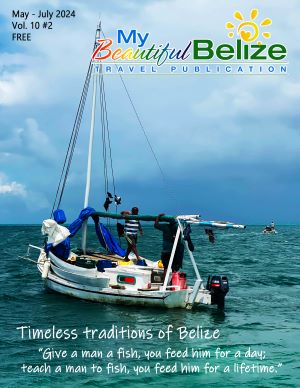Submitted by:
Dr. Marisa Tellez
IUCN/SSC-Crocodile Specialist Group’s Vice Regional Chair, Latin America
Belize is a melting pot of magnificent and unique creatures. From the graceful swimming manatees, to the beautiful aeronautical macaws to the majestic and powerful jaguar, Belize is home to some of the world’s most prized wildlife. Yet, the rarity and beauty of Belize’s animals can cause us to forget our manners, disrespecting the animals and their environment…and sometimes the livelihoods of the local community. How so you may ask??? Well, here is a little story for example…
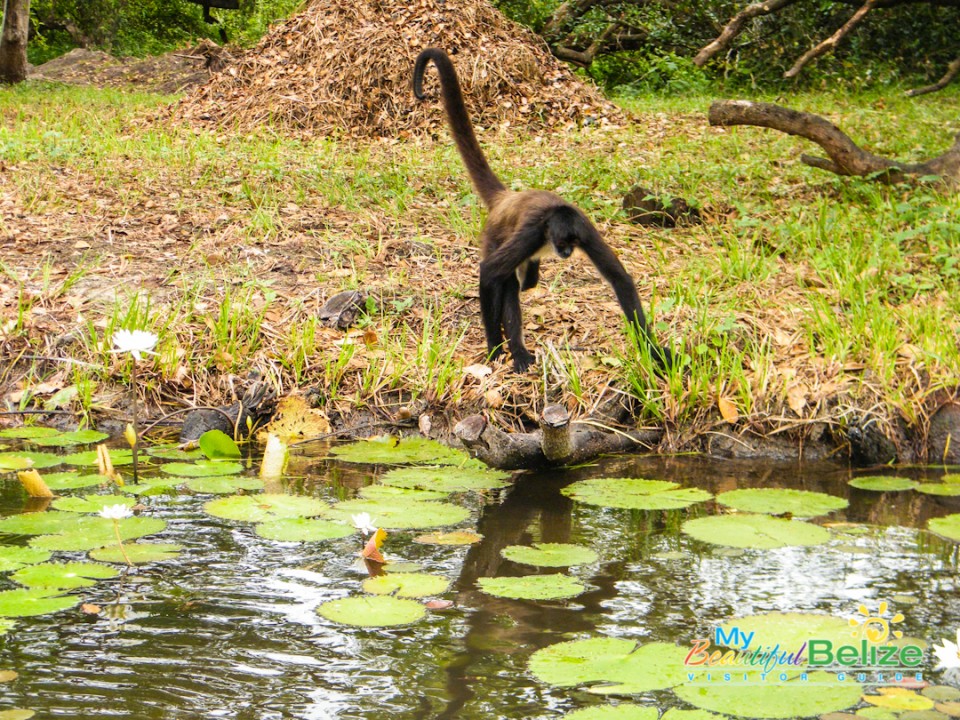
You are on vacation and absolutely excited to see some real wildlife! You ask people where you can see some animals, and some locals point you into the direction of a place where you can see various bird species and crocodiles. You are totally thrilled to see crocodiles; and you know from TV they love chicken! You and your family head to the spot. You see Warning Signs and Private Property signs, but figure it has to be ok to go on the property since this is a known spot for birds and crocodiles. As you head to the waters edge, the crocodiles seem curious. You are excited to get close and personal with these apex predators, and the crocs are getting closer, and closer, and THEN…
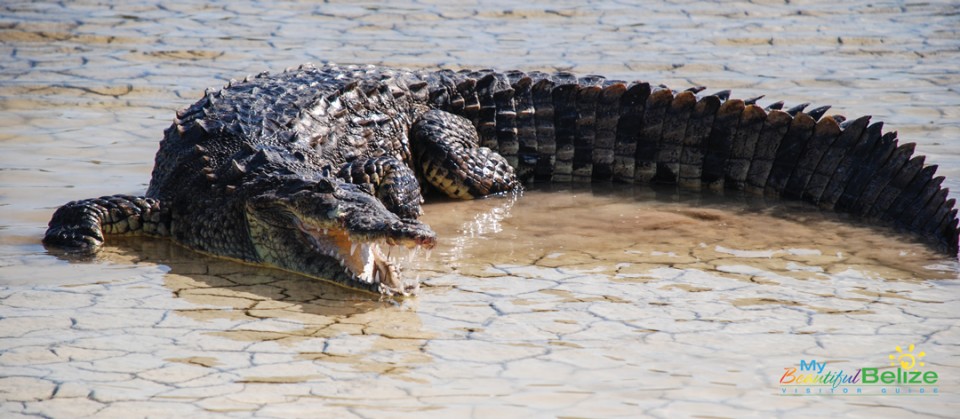
This may sound like a make believe story, but this is an all too familiar story with guests visiting our country. And, this scenario relates not just to crocs, but many other locations with various animals across the country. Tourists taking tourism into their own hands can be very dangerous, and many times, tourists do not realize they are breaking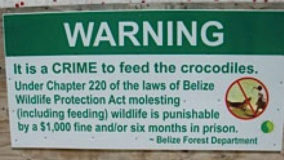 the law. For one, trespassing can make you cross paths with local authorities and who wants to pay a fine while on vacation? Secondly, approaching wild animals and fathoming the thought to feed them is illegal in Belize… as well as internationally. So feeding these animals is not only breaking national law, but also international law. In addition, feeding wild animals causes them to lose their fear of humans, which can result in aggression or make them more vulnerable to poachers. Altering animal behavior can negatively affect the ecosystem, as well as cause issues for the local community.
the law. For one, trespassing can make you cross paths with local authorities and who wants to pay a fine while on vacation? Secondly, approaching wild animals and fathoming the thought to feed them is illegal in Belize… as well as internationally. So feeding these animals is not only breaking national law, but also international law. In addition, feeding wild animals causes them to lose their fear of humans, which can result in aggression or make them more vulnerable to poachers. Altering animal behavior can negatively affect the ecosystem, as well as cause issues for the local community.
Needless to say, your decisions good and bad can have a direct affect on the Belizean wildlife. So how can you respectfully enjoy the wildlife in Belize? Here is a simple Dos and Don’ts Guide to remind you how to ensure Belize’s wildlife continues to be part of the Hidden Jewel of the Caribbean:
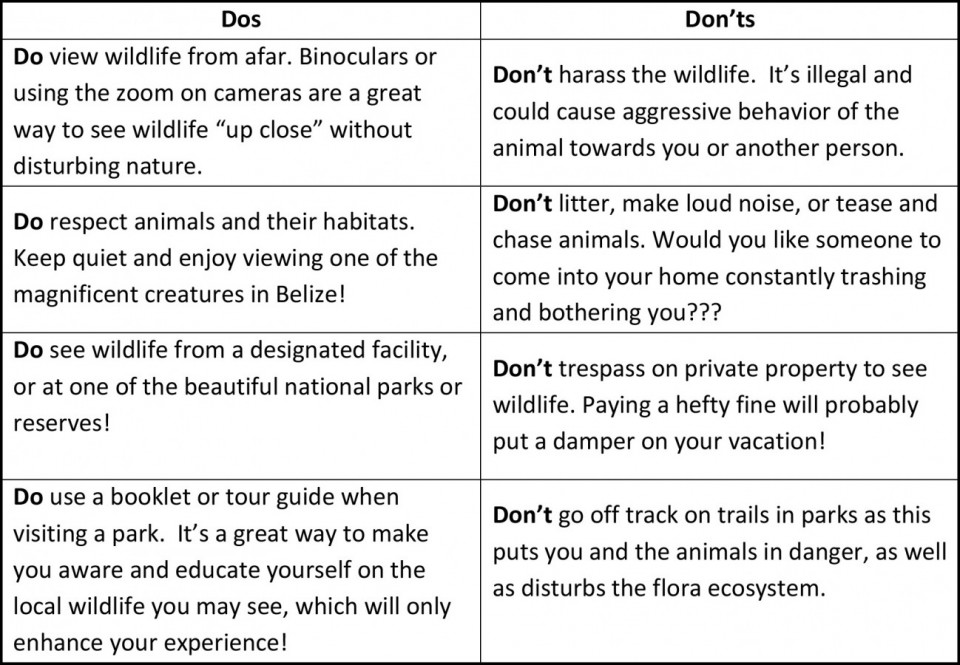
Are you interested in learning more or helping out Belize’s wildlife? You can contact one of the many wildlife organizations in the area while you are visiting to find out more. Or, if you have any concerns, you can contact the local authorities, or the Belize Forest Department (804 3280), or the Belize Wildlife Network (0800 822 8888). Together, we can ensure Belize stays wild for future generations!


